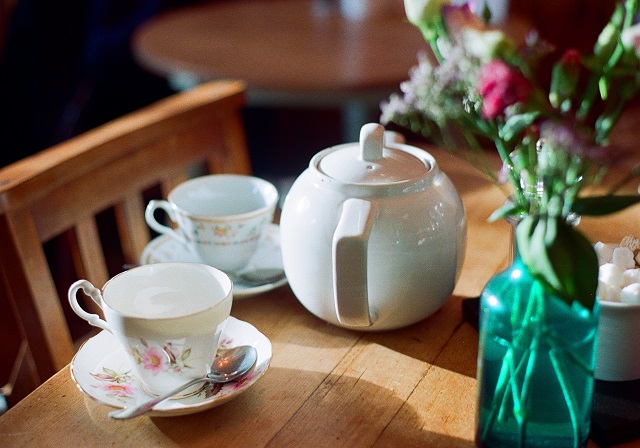Lots of people across the world take tea and for different reasons. There are those who take tea for the supposed health benefits, while others just take it for relaxation. However, over the years, this product that is grown in different parts of the world has conjured up all sorts of myths. The myths probably come out of the fact that there is a feel-good aspect of tea, even though one can’t really consider it a drug. It also comes from the fact that tea has some culture aspects to it. Let’s now go through 4 myths that you probably didn’t know about tea.

- That black tea has more caffeine than green tea
This is one of the myths that is propagated by tea companies in their bid to categorize and sell tea. However, there is no research proving that this myth is anything close to the truth. That’s because what determines the content of caffeine in tea is not the color, but rather factors such as its place of origin, and the processing style used. In essence, green tea can have the same caffeine content as black tea if they are taken through the same processes.
- Organic tea is better than non-organic tea
Unless you are a tea enthusiast, you probably didn’t even know there is such a thing as organic and non-organic tea. Well, now that you know, there is actually a myth that organic tea is of better quality than non-organic one. However, there is no research supporting this analogy. In fact, research shows that there are no health or environmental advantages of organic tea over the non-organic varieties. This myth is just a gimmick by companies as they try to differentiate the product and sell more. Don’t get amused next time someone tries to sell you the myth of organic v non-organic tea.
- Green tea is healthier and tastier
You’ve probably never heard of it, but there is actually a myth that green tea is better than black and other types of tea. The analogy is that green tea has lower caffeine levels than the other forms of tea. However, there is no research supporting this, contrary to what tea marketers would like people to believe. As mentioned earlier, the percentage of caffeine in tea is primarily determined by how it is farmed and processed. That’s why you need to buy your tea from reputable companies such as tea-and-coffee.com/, since they sell tea that is farmed under ideal conditions.
- Herbal tea is caffeine free
You have probably never heard of this, but there is a myth out there that herbal tea has no caffeine in it. This is a myth and has no logical backing to it. As long as it is tea, you can be sure that it contains caffeine. The myth that herbal tea doesn’t contain caffeine comes from the herbal industry, as it tries to push the idea that anything labeled herbal is healthy. Next time someone comes telling you that herbal tea has no caffeine, ask them to provide scientific facts backing their assertions.




